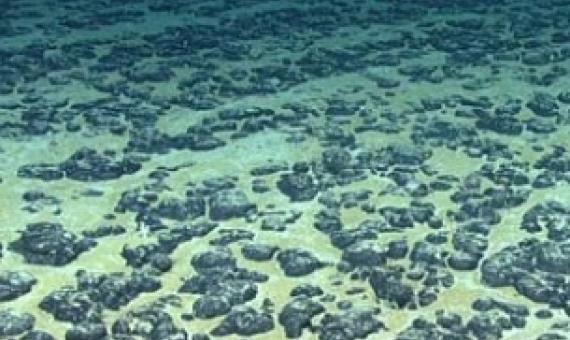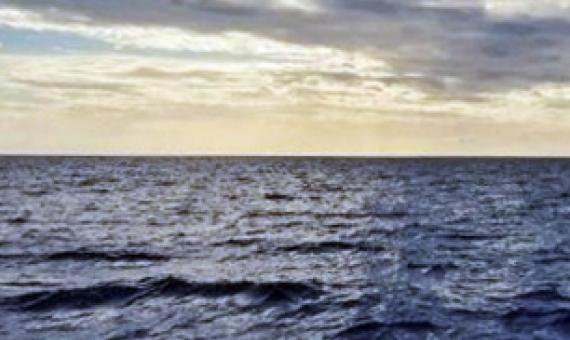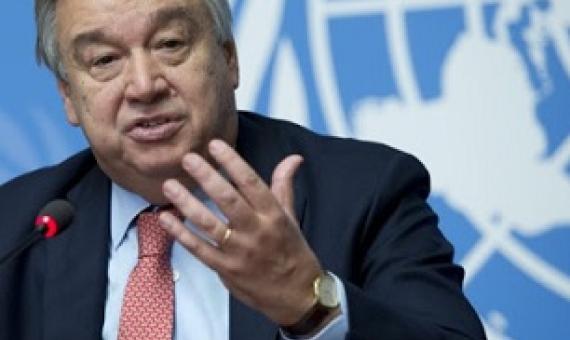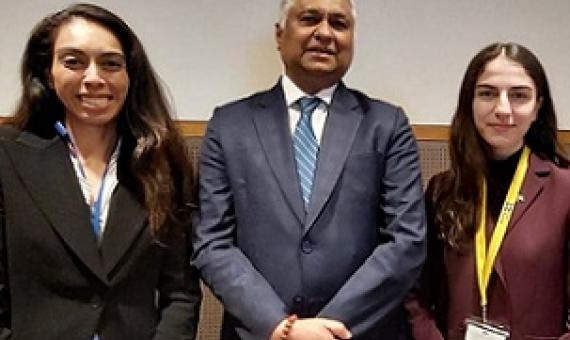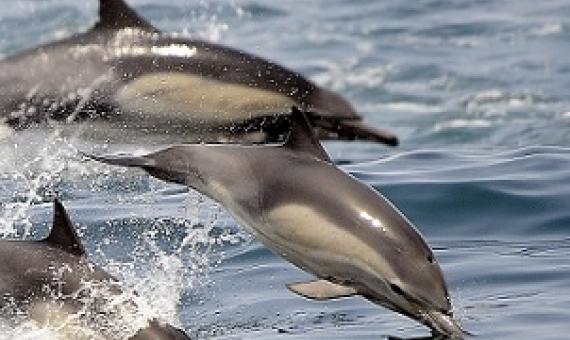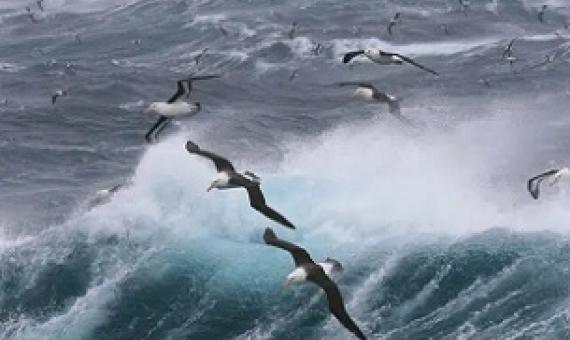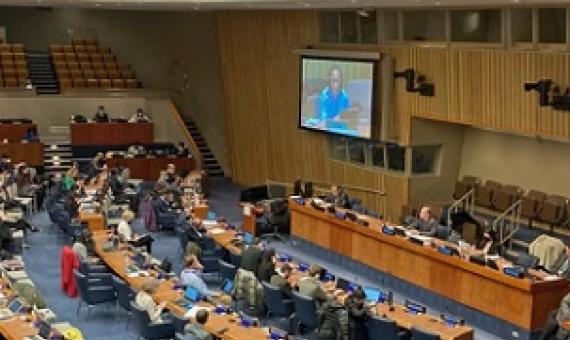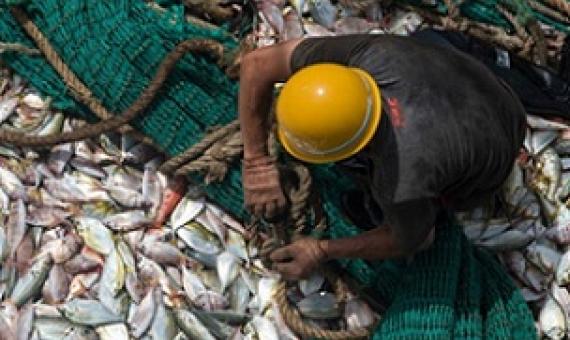Deep-sea mining will be exempted from environmental impact assessment (EIA) measures established under a landmark international oceans treaty, a move campaigners fear could undermine protection for the seabed.
Nations have reached a historic agreement to protect the world's oceans following 10 years of negotiations. The High Seas Treaty places 30 percent of the seas into protected areas by 2030, aiming to safeguard and recuperate marine nature.
United Nations chief Antonio Guterres urged countries Wednesday to agree a "robust and ambitious" treaty to protect the high seas, as time starts to run out for negotiations.
Pacific leaders are urging UN member states to finalise a high seas treaty in the next two weeks to protect global marine biodiversity.
United Nations members gather Monday in New York to resume efforts to forge a long-awaited and elusive treaty to safeguard the world's marine biodiversity...The talks, formally called the Intergovernmental Conference on Marine Biodiversity of Areas Beyond National Jurisdiction, resume negotiation
After four inconclusive sessions, UN member states on Monday resume talks aimed at finally completing a treaty to protect the world's high seas, a vital yet fragile resource that covers nearly half the plan.
U.N. member states met this month in New York to hash out a treaty governing the sustainable management of the high seas, resource-rich international waters that span about two-thirds of the ocean...
Hundreds of kilometres from shore, and covering two-thirds of the Earth's surface, the high seas are a world that few of us will ever see. After more than a year in the field, Pulitzer Prize-winning journalist Ian Urbina concluded: "There are few remaining frontiers on our planet.
A new report found that the world’s top 10 fishing nations are spending billions of dollars on harmful fishing subsidies to not only exploit their own domestic waters, but to fish in the high seas and the waters of other nations.
Oceans cover 70 per cent of the Earth’s surface.

